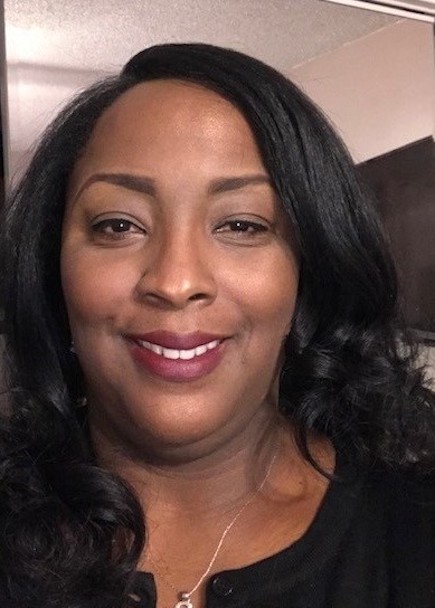WSU Applebaum welcomes Director of Business Affairs Sonya Bell
The Wayne State University Eugene Applebaum College of Pharmacy and Health Sciences has appointed Sonya Bell as its new Director of Business Affairs, beginning May 6, 2024.

“It’s a pleasure to return to the college after a few years on the other side of campus,” Bell said. “I’m looking forward to helping our faculty and staff achieve everyone’s collective goal — preparing our students to be tomorrow’s health care heroes.”
Bell brings three decades of experience to her current role. She launched her Wayne State career in 2001 in the School of Medicine’s Department of Physiology. In 2012, Bell began a seven-year stint with WSU Applebaum as Grant/Contract Administrator. In 2019, she moved on to the College of Liberal Arts and Sciences, ultimately serving as Associate Director of Research Support Services before accepting the position of WSU Applebaum’s Director of Business Affairs.
Bell also volunteers as Finance Council Chair for Saint Moses the Black parish in Detroit.
A Warrior through and through, Bell earned a bachelor’s degree in business administration from Wayne State University.
“Sonya brings a wealth of university and administrative experience to this crucial role,” said Dean Brian Cummings. “We are confident she will keep our college on the right path and delighted to welcome her back to the WSU Applebaum family.”
An anchor in urban health care
The Eugene Applebaum College of Pharmacy and Health Sciences is built on more than 100 years of tradition and innovation in the heart of Detroit. We have grown deep roots in our city, harnessing its powerhouse hospital systems and community service organizations as vibrant, real-world training grounds for students, with an ongoing focus on social justice in health care.
And our research at all levels – from undergraduates to veteran faculty members – translates into creative solutions for healthier communities.
Wayne State University is a premier urban research institution offering approximately 350 academic programs through 13 schools and colleges to nearly 24,000 students.